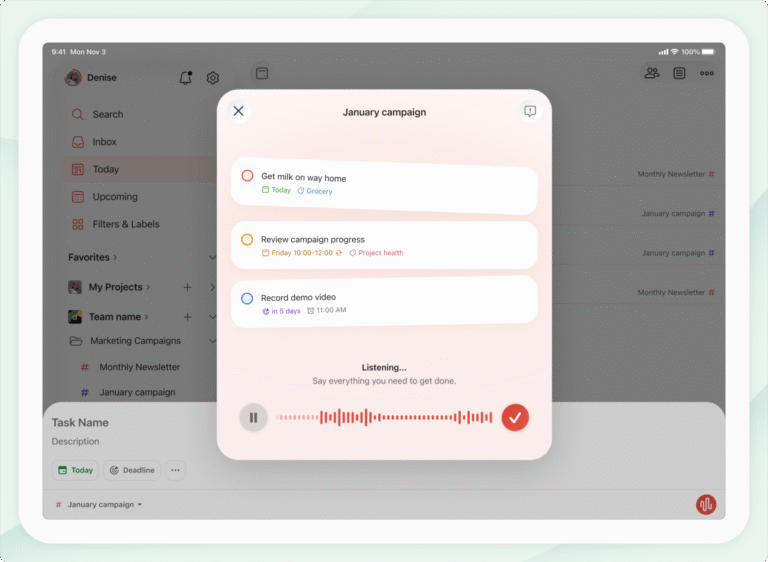Tinder Integrates AI Features to Enrich User Profiles with Camera Roll Photos
Tinder is tapping into artificial intelligence (AI) to rejuvenate its dating app, which has faced nine consecutive quarters of declining paying subscribers. In a recent earnings call, Match Group, Tinder’s parent company, announced the introduction of a new feature named “Chemistry,” designed to deepen user engagement through personalized questions and access to Camera Roll photos, pending user consent. This initiative aims to better understand users’ personalities and interests.
Currently being tested in New Zealand and Australia, the Chemistry feature is set to become a central element of Tinder’s product strategy for 2026, according to CEO Spencer Rascoff.
Other tech companies, such as Meta, have also begun to request access to users’ Camera Roll photographs. Meta’s recent feature suggests AI-driven edits to unshared photos, similar to Tinder’s approach. However, the practical benefits of granting access to these private images remain unclear for users.
Tinder’s Chemistry feature will not only engage users with interactive questions but also utilize AI to recommend better matches based on shared interests, such as outdoor activities reflected in their photos.
Despite these innovations, Tinder’s financial performance is under strain. Match Group anticipates a $14 million decrease in direct revenue from Tinder due to the testing of new features. Fourth-quarter guidance for the company has been downgraded, projecting revenue between $865 million and $875 million, below analyst expectations of $884.2 million.
In addition to the Chemistry feature, Tinder is employing AI in various ways, including an LLM-powered system that prompts users with a warning before sending potentially inappropriate messages. The app also leverages AI to assist users in selecting their most suitable photos.
Tinder is not solely relying on AI to improve user engagement; it has also introduced new features like dating modes, double dates, facial verification, and redesigned profiles that prominently display bios alongside photos. However, the dating platform faces increasing competition as younger users shift towards real-world interactions, and economic pressures could further impact spending on online dating services.
For the third quarter, Match Group reported a 3% year-over-year decline in Tinder’s revenue and a 7% drop in paying users. Overall, the company’s financial results met expectations, with a 2% revenue increase year-over-year to $914.2 million and earnings per share (EPS) of 62 cents, just shy of the anticipated 63 cents.






